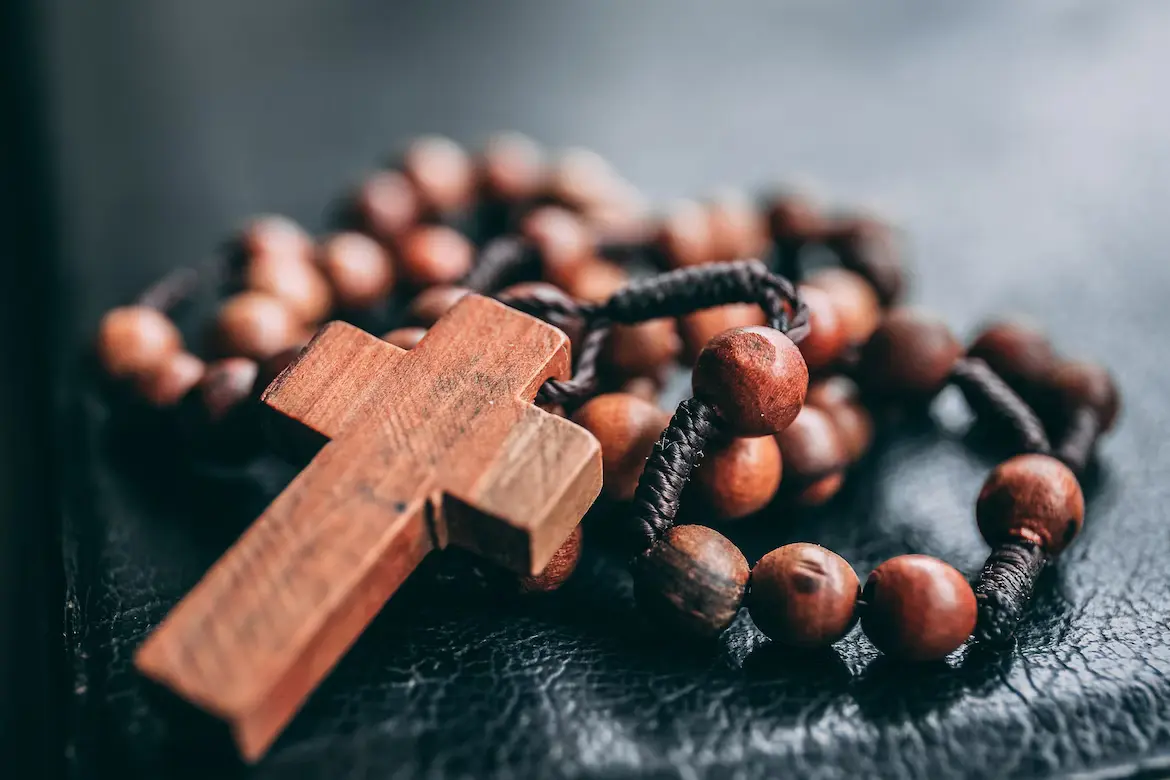Introduction
Religious festivals and celebrations are vibrant threads woven into the fabric of cultures around the world. These occasions are not only a time for spiritual reflection but also a reflection of the diversity and richness of human traditions. Pastor Sharon Annita Edmonds from Knightdale recognizes the profound significance of these festivals in fostering unity, sharing values, and nurturing the human spirit. In this article, we’ll explore Pastor Sharon’s insights and embark on a global journey to discover the tapestry of traditions that make up religious celebrations worldwide.
The Universal Language of Celebration
Pastor Sharon Annita Edmonds believes that religious festivals and celebrations offer a universal language of unity, hope, and renewal. Regardless of faith or creed, these occasions bring people together, forging bonds that transcend borders and beliefs.
1. Ramadan (Islam)
The holy month of Ramadan holds a special place in Islam. Pastor Sharon explains that Muslims around the world fast from dawn to sunset during this time, reflecting on spiritual growth, self-discipline, and empathy for those in need. The month concludes with the joyous festival of Eid al-Fitr, marked by communal prayers, feasting, and acts of charity.
2. Diwali (Hinduism)
Diwali, known as the Festival of Lights, is a dazzling celebration in Hinduism. It symbolizes the triumph of light over darkness and good over evil. Families light oil lamps, decorate their homes, exchange gifts, and enjoy sumptuous meals. Diwali exemplifies the importance of dispelling negativity and embracing positivity.
3. Hanukkah (Judaism)
Hanukkah, the Festival of Lights in Judaism, commemorates the miracle of the oil lamp in the Second Temple in Jerusalem. Over eight nights, Jewish families light a menorah, exchange gifts, and enjoy dishes fried in oil, such as latkes. The festival serves as a reminder of resilience and faith.
4. Christmas (Christianity)
Christmas, celebrating the birth of Jesus Christ, is one of the most widely recognized religious festivals. Communities across the globe come together to decorate trees, exchange gifts, attend church services, and extend acts of kindness. Christmas embodies the spirit of giving, hope, and love.
5. Holi (Hinduism)
Holi, known as the Festival of Colors, is a joyful Hindu celebration. It involves people playfully throwing colored powders and water at each other, symbolizing the triumph of good over evil and the arrival of spring. Holi promotes unity, forgiveness, and the shedding of past grievances.
6. Vesak (Buddhism)
Vesak, also known as Buddha Purnima, commemorates the birth, enlightenment, and death of Gautama Buddha. Buddhists engage in acts of kindness, meditation, and prayer. Lantern processions and lighting ceremonies illuminate the night, emphasizing enlightenment and compassion.
7. Navaratri (Hinduism)
Navaratri is a nine-night Hindu festival celebrating the goddess Durga. Devotees engage in fasting, prayer, and dance, particularly the Garba and Dandiya Raas. The festival underscores the triumph of good over evil and the importance of devotion.
8. Passover (Judaism)
Passover, or Pesach, is a significant Jewish festival that commemorates the liberation of the Israelites from slavery in Egypt. Families participate in a Seder meal, symbolically retelling the story of Exodus. Passover encourages reflection on freedom, faith, and the importance of justice.
9. Songkran (Buddhism)
Songkran is the Thai New Year festival celebrated with water splashing, symbolic cleansing, and merit-making. It signifies renewal, purity, and the washing away of the past year’s misfortunes. Communities come together to share food, blessings, and good wishes.
10. Eid al-Adha (Islam)
Eid al-Adha, also known as the Feast of Sacrifice, commemorates Abraham’s willingness to sacrifice his son in obedience to God. Muslims participate in prayers, distribute meat to the needy, and visit friends and family. The festival underscores the values of sacrifice, compassion, and charity.
Conclusion: A Tapestry of Unity
Pastor Sharon Annita Edmonds from Knightdale insights into religious festivals and celebrations reveal a tapestry of traditions that unite humanity in shared values and aspirations. These celebrations offer a glimpse into the essence of different faiths, emphasizing compassion, resilience, and the pursuit of a higher purpose.
In a world that can sometimes seem divided, religious festivals remind us of our shared humanity and the values that transcend religious boundaries. Pastor Sharon’s appreciation for these celebrations serves as an invitation for all to embrace the beauty of diversity and celebrate the common threads that bind us together as one global family.

Leave a Reply